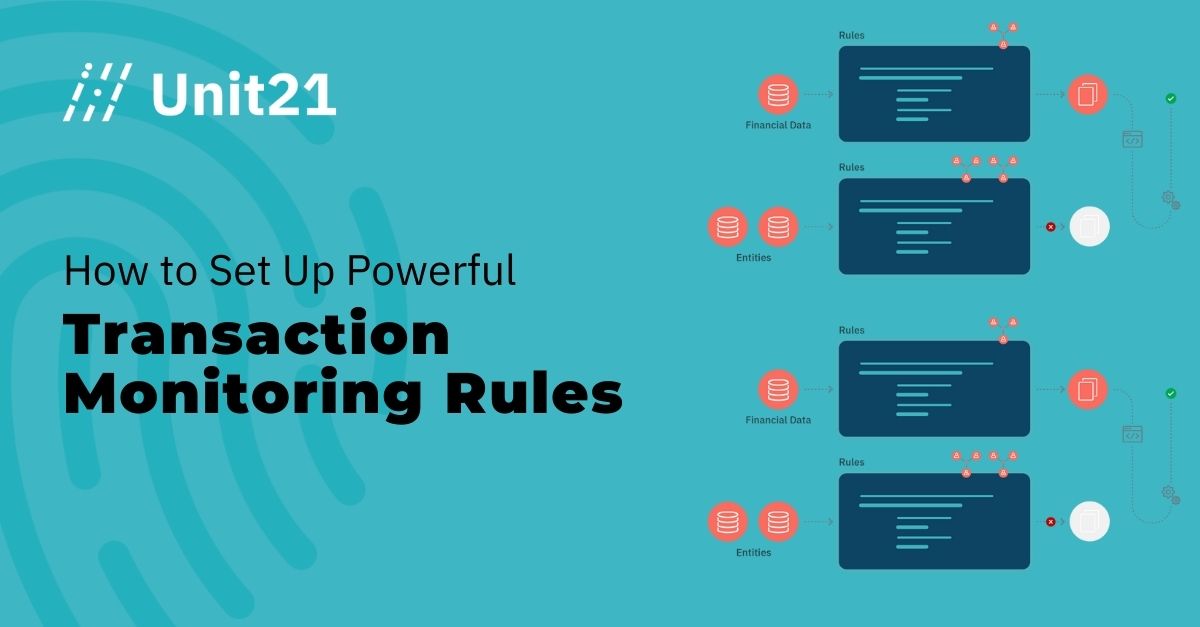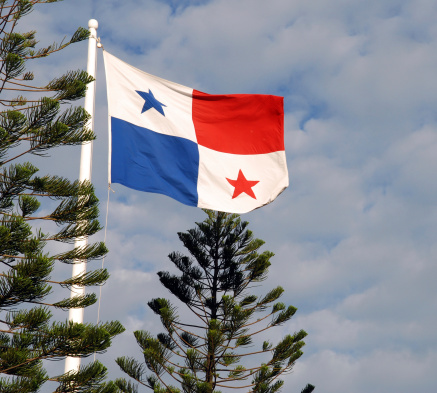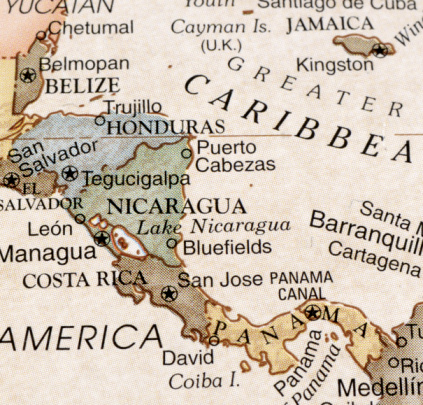Panama Tax Review
If you’re an American living, working, or investing in Panama, the Panama tax system is your friend. The Panama tax code may allow you to live tax free in Panama and, possibly, in the United States. This Panama Tax Review will explain how to reduce your worldwide tax bill.
Before getting in to specifics, it’s important to note that Panama, like all civilized nations (not the U.S.), taxes you on your local income. Only America taxes its citizens on their worldwide income.
So, if you move to Panama and open a restaurant, you pay income tax on your profits. You will also be subject to payroll and social security taxes. This is the same result you get in the United States.
However, if you move to Panama, and structure your business properly, you won’t pay Panama tax on foreign incomes. If your business is selling a product to clients in the United States, all income earned in Panama is foreign source (from the U.S.) and not taxable in Panama. If you are selling to individuals in Panama and the United States, only those sales to Panamanians are taxable.
This is the opposite result you get with a U.S.-based business. When you operate from America, and sell to people outside of the country, 100% of the income earned by your company is taxable here. Even if you move abroad Uncle wants his cut. Though, this article will help you minimize that tax bill.
This article is focused on the Panama tax rules for those living, working, or investing in Panama. If you retire to Panama, but don’t buy real estate there, then you should have no Panama tax issues.
Introduction to Panama Tax
Panama taxes its citizens and residents on income earned within its borders. You, the American citizen, become a Panama tax resident if you live in Panama for more than 183 days within a calendar year. If you don’t operate a business in Panama, or purchase real estate there, it’s unlikely their tax laws will affect you.
Panama has no wealth, inheritance or gift taxes. Therefore, it’s an excellent jurisdiction in which to form an international trust (called a Panama Foundation, but it functions under U.S. laws as a foreign or grantor trust). Such a structure will allow you to protect your savings and minimize U.S. estate taxes by facilitating transfers to heirs and moving assets out of your taxable U.S. estate.
Also, interest from bank accounts, Certification of Deposits, and most forms of investments are tax free. If you buy and then sell stock on the Panama exchange, no tax will be charged. No tax is due when you sell stock on a foreign exchange either, but the point here is that buying and selling stock within Panama, even on their exchange, does not bring you in to their tax system.
At this point, you might be wondering how Panama earns money. Well, residents pay tax on local income, corporations pay tax on gains derived from business transactions within Panama, and just about everything sold in Panama is subject to a 7% Value Added Tax (VAT). And, of course, they make buckets of money from the Panama Canal.
Taxation of Real Estate Transactions in Panama
Real estate transactions within Panama are taxed as capital gains. There is only one rate for such gains, 10%. No differentiation is made between long term and short term capital gains.
This Panama tax rate of 10% on the net profit from the sale is the general rule for real estate. You can also elect a 3% rate on the gross sale price. Here’s how it works.
Just like in the United States, you pay capital gains in Panama on net profit earned when you sell real estate. If you buy a condo for $250,000, put $25,000 of improvements in to it, and sell it for $300,000, your gain is $25,000 and your tax due is about $2,500 … simple enough.
* You will also pay a 2% transfer tax at the time of sale. This is based on the sale price or the assessed value, whichever is higher. Your transfer tax is increased by 5% for each full calendar year you hold the property.
The government ensures compliance with its tax laws by requiring the buyer to withhold 3% of the purchase price and pay that over to the tax authorities. You, the seller, file a return to claim a refund the next year. In the example above, the buyer would withhold 3% of $300,000, or $4,000, and you will file a refund for $9,000 – $2,500 = $6,600.
If this 3% on the gross sale price is lower than the 10% capital gains tax on the net profit, you may elect to not file a return. You have the choice of paying the 3% or 10% rate on the sale of real estate.
So, in the example above, if you bought the property many years ago for $20,000, didn’t make any improvements, and sold it for $300, 00, you would choose to pay the 3% tax of $9,000. The 10% tax on the net gain would result in a bill of $28,000.
VAT in Real Estate: I will conclude this section on Panama tax by noting that VAT applies to short term rental income. If you rent out your condo for a term of six months or less, you will pay 7% VAT, VAT doesn’t apply to rental contracts longer than six months.
Personal Income Tax in Panama
If you operate a business in Panama, work for a local company, have employees in the country, or draw a salary, you need to understand their personal income tax rules.
Panama’s tax code is much more efficient than that of the United States. They have only three tax brackets:
- If you earn $0 to $11,000, you pay zero tax.
- If you earn $11,000 to $50,000, you pay 15% on the amount owner $11,000 (that is to say, the first $11,000 is tax free).
- If you earn over $50,000, you pay $5,850 on the first $50,000 plus 25% on the amount over $50,000. So, your Panama tax rate on a salary of $150,000 would be $5,850 + $25,000 = $30,850 less any deductions.
Each person is allowed a standard deduction of $800. Other allowed reductions include mortgage interest, charitable and political contributions, and unreimbursed medical expenses.
You’re not required to file a return if your only income is from salary (you have no capital gains, etc.) and you don’t wish to take any deductions other than the standard at $800. In that case, the employer withholds the required amount from each paycheck and no return need be filed.
If you wish to file a personal income tax return in Panama, it is due March 15. You may request an extension until May 15.
Employment Taxes in Panama
If you have employees in Panama, be ready to pay significant employment taxes. Social Security and employment taxes are a primary revenue sources for Panama and a reason they are willing to offer corporate tax deals … to increase employment and employment taxes.
* Employment taxes in Panama are about 30% higher than United States. However, the cost of labor is less than 25% of major cities in America, so the employment tax expense is relatively minimal.
As the employer, you pay employment tax of 12% on wages. Also, you must withhold 9% from the employee. Therefore, total employment tax in Panama is 21%. This compares to 15% (self-employed) to 17% (with Obamacare) in the United States.
Also, you are obligated to pay a one month bonus to each employee each year. So, when you calculate costs per employee, you will take the base salary times 13 (not 12 months) and add 21% for employment taxes.
For example, if your employee earns $1,200 per month, they’ll cost you $1,200 x 13 months = $15,600 in salary and $1,872 in employment taxes.
Corporate Tax in Panama
The Panama tax rate on corporations is 25% compared to 35% in the United States. Panama taxes only local source income. There is no Panama tax on income from outside the territory, even if that money is deposited in to a Panama corporation and account.
Most of my readers will avoid corporate tax in Panama all together. It should only apply if you are selling goods or services to Panamanians. If all of your sales are done through the internet to persons in the U.S. and Europe, you may have no Panama source income.
Also like the United States, corporate income tax usually applies to money you leave in the company … retained earnings held by the Panama Corporation. If you do have Panama source income, you may be able to eliminate corporate level tax by withdrawing your net profits as salary. You will pay personal income taxes but avoid double taxation.
However, if you operate a “large” business within Panama, and your Panama source gross income is $1.5 million or more, you may be subject to alternate minimum corporate tax.
First, I note that corporations are taxed on their net business income. You may deduct salaries, as well as all “ordinary and necessary” business expenses … just as you do in the United States.
However, if you gross more than $1.5 million in Panama source sales, you will be required to pay minimum corporate income tax of 4.5% on those gross sales.
* Another way to express Alt Min tax in Panama is that your large business pays tax on local sales minus 95.5%. If your local sales are less than $1.5 million, you are exempt from Alt Min tax in Panama.
Let’s say your Panama Corporation earns $2 million in local income. It’s your first or second year of operation and your deductible expenses are more than $2 million … so you have a tax loss for the year. Panama Alt Min tax comes in and requires you to pay 4.5% on $2 million, or about $90,000 in corporate taxes.
That means you’ll pay at least 4.5% on local sales in a large business. If 25% on net profits results in more tax being due than 4.5% on gross sales, then you pay Panama tax at the 25% rate.
In order to deter untaxed transfers between Panama corporations and any other tax shenanigans to minimize tax on local source income, Panama taxes/dividends, loans and advances. A 10% withholding tax applies to dividends between corporations on income derived from local sources. Also, a 10% tax is levied on loans or advances to corporate shareholders. If these transfers are done in a structure involving bearer shares, a 20% withholding tax (rather than 10%) applies.
If you can prove that the income being transferred is foreign source (earned in transactions outside of Panama), these taxes do not apply. In that case, there is no withholding on dividends, loans or advances.
* These corporate tax laws apply to companies operating within Panama City. Special rules apply to businesses within the Colon Free Zone, City of Knowledge, Panama Pacifico (my favorite tax free region), or any of the other free zones within the country.
* Special rates may apply to corporations with local gross sales of less than $200,000. These “small” businesses pay a lower blended personal/corporate rate.
Taxation of Americans in Panama
There is no Panama tax on bank interest, CDs, U.S. retirement distributions, or income derived from sources outside of Panama. Therefore, most of you won’t be subject to Panama tax unless you invest in local real estate.
Unfortunately, Uncle Sam wants his cut no matter where you live and/or invest. Though, you do have tools at your disposal to reduce your U.S. tax bill.
First, you can make investments in Panama through your U.S. retirement account. By forming an offshore IRA LLC, you can defer U.S. tax in a traditional IRA or eliminate it all together in a ROTH IRA.
Next, if you live in Panama, and will qualify for the Foreign Earned Income Exclusion (FEIE), you can draw a salary from your active business of about $100,000 per year ($200,000 husband and wife), retain the balance in your Panama Corporation, and pay no U.S. tax. You will find a number of articles here on the FEIE and operating through an offshore corporation to reduce or eliminate U.S. tax.
If you are living in Panama, you might bill your customers through an offshore company formed in another jurisdiction. When your sales are to persons in America and you are living in Panama, bill through a corporation in Belize. Then, draw a salary of up to the FEIE from that Belize Corporation to eliminate Panama employment taxes.
* This only works for you, the U.S. person living in Panama. Don’t try it with Panamanians or you might find yourself in trouble with the local authorities.
I hope you’ve found this Panama Tax Review helpful. If you have any questions, or would like assistance moving you or your business to Panama, please give us a call or send me an email to info@premieroffshore.com.











Leave a Reply
Want to join the discussion?Feel free to contribute!